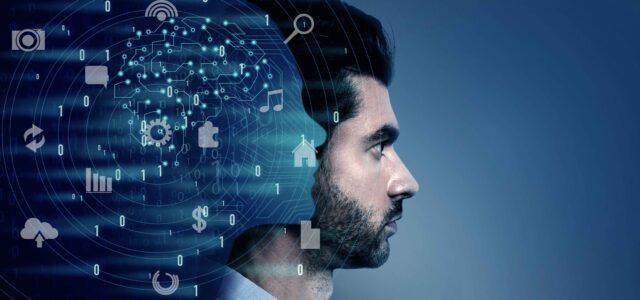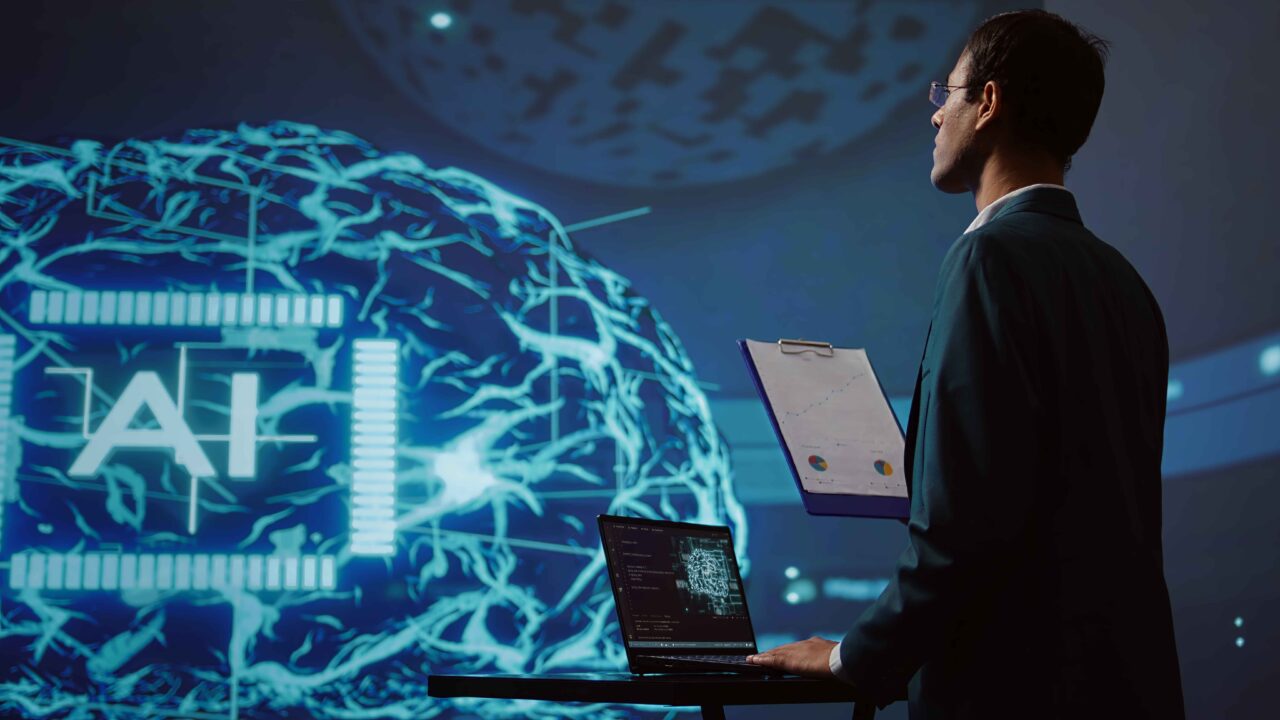When we talk about artificial intelligence (AI), we often think of machines solving complex problems, automating tasks, or even writing emails. But can AI really understand something as deep, emotional, and human as the mind?
Mental health care has always required empathy, patience, and a deep understanding of human behavior. And yet, today, AI in mental health is opening up new possibilities. From chatbots offering emotional support to tools that can detect signs of depression, AI is stepping into a space that was once considered too human to be automated.
So, how far has AI come in understanding the human mind, and what does the future hold?
The Rise of AI in Mental Health
Over the past few years, mental health issues have become more openly discussed and recognized. At the same time, there has been a growing demand for accessible, affordable, and timely support. This is where AI in mental health is proving to be a game-changer.
 AI-powered platforms are now being used to provide therapy, track mood patterns, and even predict potential mental health crises. These systems are designed to analyze speech, writing, behavior, and even facial expressions to understand what someone might be feeling.
AI-powered platforms are now being used to provide therapy, track mood patterns, and even predict potential mental health crises. These systems are designed to analyze speech, writing, behavior, and even facial expressions to understand what someone might be feeling.
While AI can’t “feel” emotions, it can detect patterns that humans might miss, making it a valuable tool in early detection and ongoing support.
AI Therapy Tools: Not a Replacement, But a Helping Hand
One of the most common applications of AI in mental health is through virtual therapy tools. These tools use natural language processing to communicate with users, offering coping strategies, listening support, and regular check-ins. For instance, mental health chatbots like Woebot or Wysa have helped millions of users discuss their feelings. They are not meant to replace human therapists, but they serve as a supportive companion when no one else is available. AI in mental health is especially valuable in areas where access to therapy is limited. A 24/7 AI tool can provide guidance, monitor emotional progress, and motivate users to seek professional help when necessary.
Can AI Really Understand Emotions?
This is where things get tricky. Understanding emotions goes beyond analyzing words or tone. It requires context, compassion, and human experience. AI doesn’t “feel,” but it can be trained to recognize emotional cues based on large data sets.
For example, AI-driven diagnosis tools can scan a person’s speech for signs of stress, anxiety, or depressive thinking. Some tools even analyze social media posts to detect emotional changes.
AI in mental health is increasingly being used to support psychologists and psychiatrists by providing additional insights. Think of it like an assistant that offers data, suggestions, and reminders, while the human therapist still leads the healing journey.
Ethical Concerns and Data Privacy
While the benefits of AI in mental health are clear, there are also valid concerns. Mental health data is extremely sensitive. If AI tools are not properly secured, there’s a risk of personal information being leaked or misused.
Additionally, there’s the ethical dilemma of relying too much on machines for emotional support. What happens when a person becomes emotionally attached to a chatbot? Can an AI truly understand cultural, personal, or deeply traumatic experiences? These questions remind us that while AI in mental health can assist, it should never fully replace the human connection that therapy requires.
Role of AI in Early Detection
One of the most promising aspects of AI in mental health is early detection. AI can analyze massive amounts of data from wearable devices, phone usage patterns, or even voice tones to identify warning signs of mental health decline. For instance, someone with bipolar disorder might experience shifts in sleep, activity levels, or communication patterns. AI tools can pick up on these shifts faster than a human might, alerting both the user and their healthcare provider.
In this way, AI in mental health doesn’t just support care; it can help prevent crises before they occur.
Making Mental Health Support More Accessible
Millions of people avoid seeking mental health care due to stigma, cost, or lack of access. AI can help bridge that gap. By offering anonymous, low-cost, and judgment-free support, AI in mental health makes care more inclusive. Whether it’s a student feeling anxious before exams or an elderly person dealing with loneliness, AI tools can be there to listen and respond. As more apps and platforms integrate mental health features, AI will likely become a regular part of how we care for our minds.
What the Future Holds
The future of AI in mental health is promising, but must be handled with care. With continuous improvements in machine learning, voice recognition, and emotional analysis, AI will become more accurate and helpful.
However, the emotional depth and healing power of human connection cannot be replaced. AI can support, guide, and inform, but it can’t truly understand what it means to feel.
As researchers, developers, and healthcare professionals continue to work together, the goal should be balance: using AI to extend the reach of mental health care, while keeping empathy and ethics at the center.
The question “Can AI really understand the mind?” doesn’t have a simple yes or no answer. AI can detect, analyze, and respond to emotional cues, but it doesn’t feel or understand emotions the way humans do.
That said, the role of AI in mental health is growing, and it’s making mental health care more accessible, proactive, and data-driven than ever before. By combining human compassion with smart technology, we’re entering a new era where help can be just a click away.


